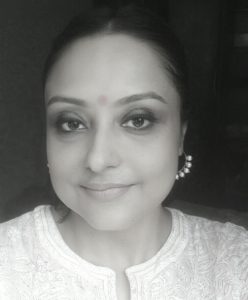 The night I received the devastating diagnosis of Stage 3 Ovarian Cancer, a couple of months after my 43rd birthday, I was in an ICU, just about gaining consciousness from a debulking surgery that lasted about nine hours. It was surreal. The implications of the diagnosis did not sink in. I just realised I had a long struggle ahead of me.
The night I received the devastating diagnosis of Stage 3 Ovarian Cancer, a couple of months after my 43rd birthday, I was in an ICU, just about gaining consciousness from a debulking surgery that lasted about nine hours. It was surreal. The implications of the diagnosis did not sink in. I just realised I had a long struggle ahead of me.
Six months later, having recovered from the surgery and undergone six cycles of gruelling chemotherapy sessions, I met Dr Zubin Marolia at his unassuming but always welcoming clinic. I came to know about him through a teacher at the Waldorf School in which my five-year-old daughter was going to. By then I had researched about the healing powers of Mistletoe in cancer patients—the most used alternative form of therapy for cancer patients in the world, originating in Europe.
I had never taken homeopathy medicines for a sustained period of time before I met Dr Marolia. In the introductory session, he was thorough, sensitive to the my trauma and struggle, full of questions and curiosity to understand my body and mind, patiently understanding my case history of illnesses, discomforts and stresses. He explained to me what mistletoe was, and how it works in cancer. I was in remission then, and he put me on a regimen of homeopathy medicines and mistletoe subcutaneous injections so that recurrence can be avoided. This combination of homeopathy and mistletoe was the only treatment I was on for 1 year and 5 months that I was in remission. In May 2019, I had a recurrence, but this time it was much less in scale and severity than the first time. I have Dr Marolia to thank for that.
In fact, leading up to the surgery, Dr Marolia prescribed and himself administered mistletoe by IV besides the subcutaneous injection. It had a great impact on my rising CA 125 levels—a blood marker that rises rapidly in ovarian cancer patients. At that time my CA 125 revels had risen to 600 from 13 just two months before that. A week after the IV, my CA 125 level was less than 300! At this time, mistletoe helped arrest the growth and spread of the recurring cancer in my peritoneum.
After another major surgery, four more cycles of less gruelling chemotherapy cycles and then going on a Parp Inhibitor drug as a maintenance, I went back on Dr Marolia’s prescription of a more potent variety of mistletoe injections, along with an IV every month and homeopathy medicines.
The mistletoe has helped me stay active, feel energetic and alert and had kept cancer and any other common illnesses like the flu away. I am in remission, maintaining good blood levels—-all the parameters are clear. I work as a screenplay writer and columnist, take care of my eight-year-old daughter, and cook every day now during the pandemic, do yoga regularly, go for walks and manage to get a good night’s sleep.
Most importantly, I have found a doctor and guide in Dr Marolia. Even after three years, every time I visit him at his clinic for my regular consultations, he is thorough, always upbeat, focussed and patient with my questions.
I will always continue being his patient because now I believe in the power of the kind of holistic healing that Dr Marolia practises. He has counselled me and family members, and I feel healed.
Hope his new venture Enlifen has a wide reach and can help many more in fighting their fights and healing their bodies, minds and souls.
Sanjukta Sharma
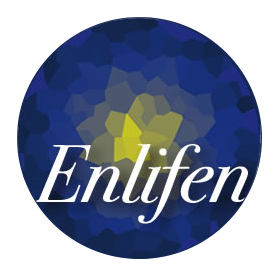










 Hi, I am one of an old patient of Dr. Zubin Marolia under his treatment for more than a decade now. He has treated me for any and every problem of my wellbeing. The results stands healthily satisfying for me each time.
Hi, I am one of an old patient of Dr. Zubin Marolia under his treatment for more than a decade now. He has treated me for any and every problem of my wellbeing. The results stands healthily satisfying for me each time.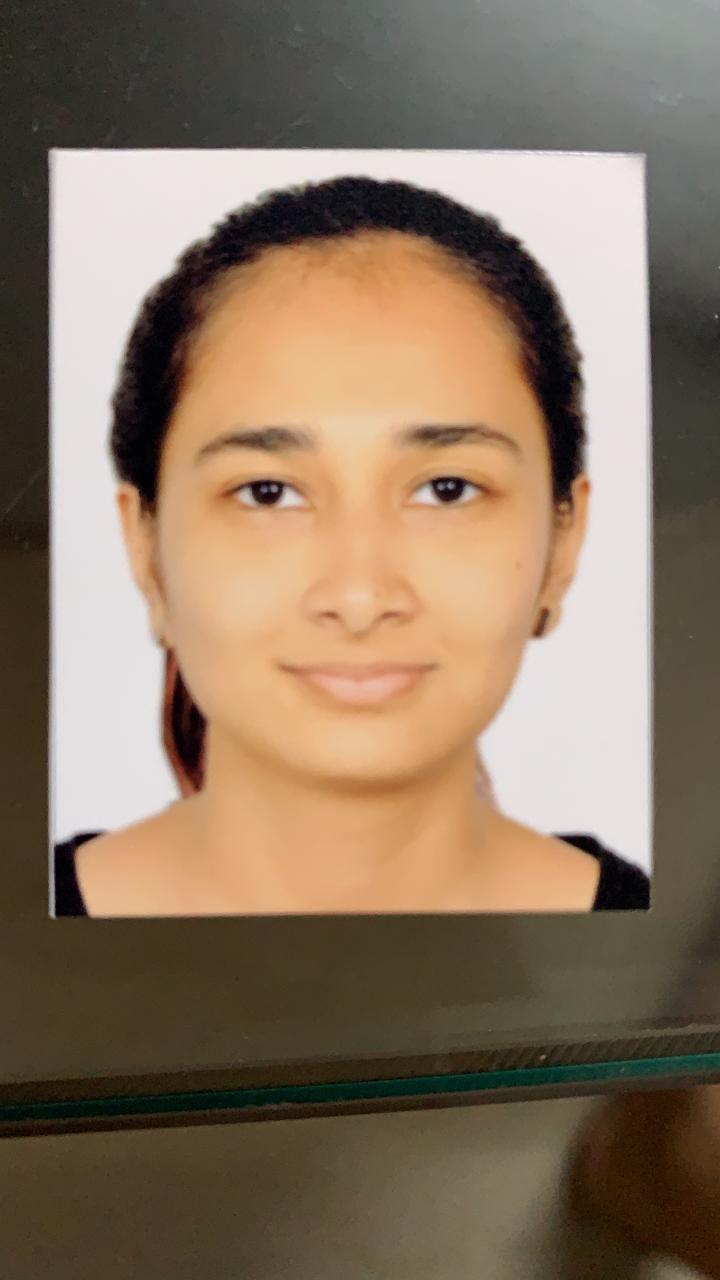 My name is Rashmi Lotlikar and I went to Dr. Zubin Marolia for a skin infection called Molluscum Contagiosum.
My name is Rashmi Lotlikar and I went to Dr. Zubin Marolia for a skin infection called Molluscum Contagiosum.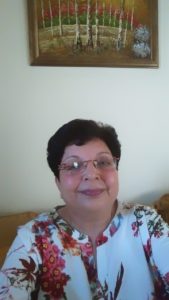 I am a patient of cancer since 2016. After surgery and radiation I was put on Hormone therapy wherein I have to take a pill every day for five years. I was facing a lot of nausea all day and lack of appetite and anxiety problems with the result I had lost 10 kgs. The doctors gave a lot of allopathy medicines to help me but nothing really worked. I was really desperate to find a solution and that iswhen I contacted Dr Zubin Marolia and asked him if homeopathy could help me in this respect.
I am a patient of cancer since 2016. After surgery and radiation I was put on Hormone therapy wherein I have to take a pill every day for five years. I was facing a lot of nausea all day and lack of appetite and anxiety problems with the result I had lost 10 kgs. The doctors gave a lot of allopathy medicines to help me but nothing really worked. I was really desperate to find a solution and that iswhen I contacted Dr Zubin Marolia and asked him if homeopathy could help me in this respect. 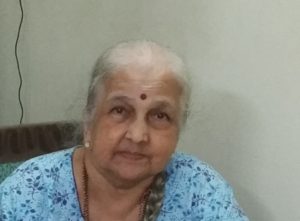 Mrs V S 83 years.
Mrs V S 83 years.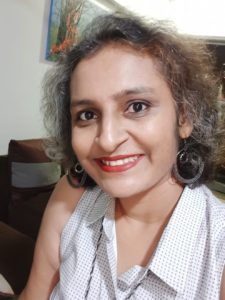 I was diagnosed with breast cancer in November 2017. I went through the complete treatment cycle of surgery, chemo therapy and radiation therapy till June 2018. After I fully recovered from the cancer, my sister in law, who also is a homeopath, suggested me to meet Dr. Zubin sir for seeking a homeopathic approach to post cancer life.
I was diagnosed with breast cancer in November 2017. I went through the complete treatment cycle of surgery, chemo therapy and radiation therapy till June 2018. After I fully recovered from the cancer, my sister in law, who also is a homeopath, suggested me to meet Dr. Zubin sir for seeking a homeopathic approach to post cancer life. 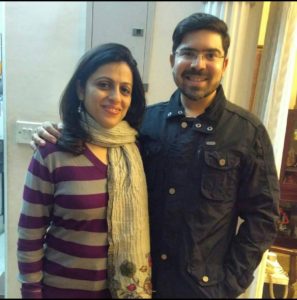 Hello Doctor Zubin
Hello Doctor Zubin 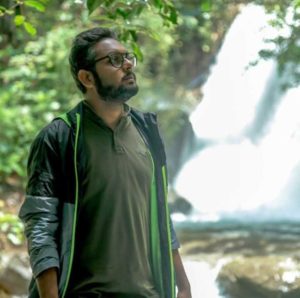 I had Warts on my neck. I went to 2-3 dermatologist, they all told me there is no permanent solution to it.
I had Warts on my neck. I went to 2-3 dermatologist, they all told me there is no permanent solution to it.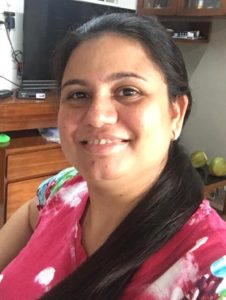 Dr. Zubin Marolia’s treatment is a real blessing. My teenaged son hadproblems of allergies, asthma, allergic rhinitis from childhood.
Dr. Zubin Marolia’s treatment is a real blessing. My teenaged son hadproblems of allergies, asthma, allergic rhinitis from childhood.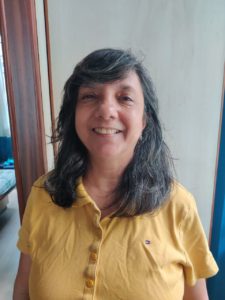 Just speaking about my family’s experiences with homeopathy treatment given by our Dr. Zubin Marolia.
Just speaking about my family’s experiences with homeopathy treatment given by our Dr. Zubin Marolia. 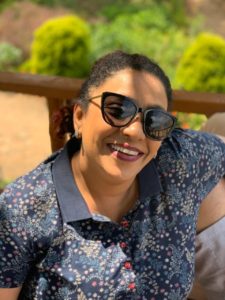 I met Dr. Marolia, more fondly called Mamu, roughly two decades ago. My daughter’s pediatrician had his office right opposite, and we used to run into him regularly. He was always extremely friendly, and we all got along well.
I met Dr. Marolia, more fondly called Mamu, roughly two decades ago. My daughter’s pediatrician had his office right opposite, and we used to run into him regularly. He was always extremely friendly, and we all got along well.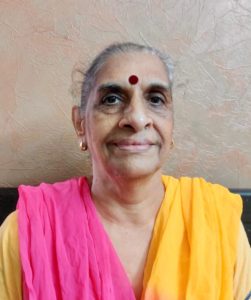 Hello, My mother Neela Nevrekar aged 69 was diagnosed with breast cancer in July 2017.
Hello, My mother Neela Nevrekar aged 69 was diagnosed with breast cancer in July 2017. The night I received the devastating diagnosis of Stage 3 Ovarian Cancer, a couple of months after my 43rd birthday, I was in an ICU, just about gaining consciousness from a debulking surgery that lasted about nine hours. It was surreal. The implications of the diagnosis did not sink in. I just realised I had a long struggle ahead of me.
The night I received the devastating diagnosis of Stage 3 Ovarian Cancer, a couple of months after my 43rd birthday, I was in an ICU, just about gaining consciousness from a debulking surgery that lasted about nine hours. It was surreal. The implications of the diagnosis did not sink in. I just realised I had a long struggle ahead of me.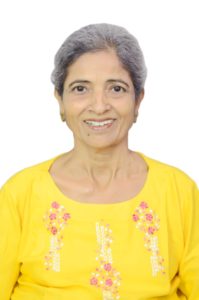 Hi everyone! I am Pushpa Gurnani, aged 65 years. I stay in India – Andheri West. I am married having 2 daughters one 42 yrs and the other one 37 yrs. I am a working woman.
Hi everyone! I am Pushpa Gurnani, aged 65 years. I stay in India – Andheri West. I am married having 2 daughters one 42 yrs and the other one 37 yrs. I am a working woman. 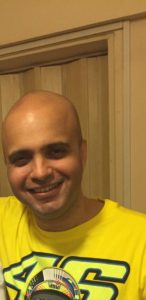 I’ll never forget my amazement at the first time Dr. Marolia had administered a medication to me for a serious injury, eleven years ago. I didn’t even have time to share my symptoms with him. While talking on the phone he said, “Naushad, I know your personality-psyche so therefore take the following remedy…”
I’ll never forget my amazement at the first time Dr. Marolia had administered a medication to me for a serious injury, eleven years ago. I didn’t even have time to share my symptoms with him. While talking on the phone he said, “Naushad, I know your personality-psyche so therefore take the following remedy…”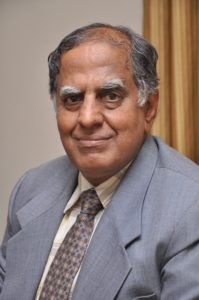 Dr. Zubin Marolia is an excellent human being and a very kind hearted person. He is also an outstanding Homeopathic Doctor believing in integrative medicine. The reason for this sequence is that I personally believe that a good doctor has to be a kind human being to start with.
Dr. Zubin Marolia is an excellent human being and a very kind hearted person. He is also an outstanding Homeopathic Doctor believing in integrative medicine. The reason for this sequence is that I personally believe that a good doctor has to be a kind human being to start with. I have had the fortune of having been associated with Dr. Zubin P. Marolia as his patient, due to recurrent episodes of Sorethroat (Pharyngitis), coupled with headaches emanating from suspected Sinusitis, in respect of which as a last resort I took to Homeopathy. I also suffered an episode of “Herpes Zoster” at the age of 42 years in the month of September 2006.
I have had the fortune of having been associated with Dr. Zubin P. Marolia as his patient, due to recurrent episodes of Sorethroat (Pharyngitis), coupled with headaches emanating from suspected Sinusitis, in respect of which as a last resort I took to Homeopathy. I also suffered an episode of “Herpes Zoster” at the age of 42 years in the month of September 2006.